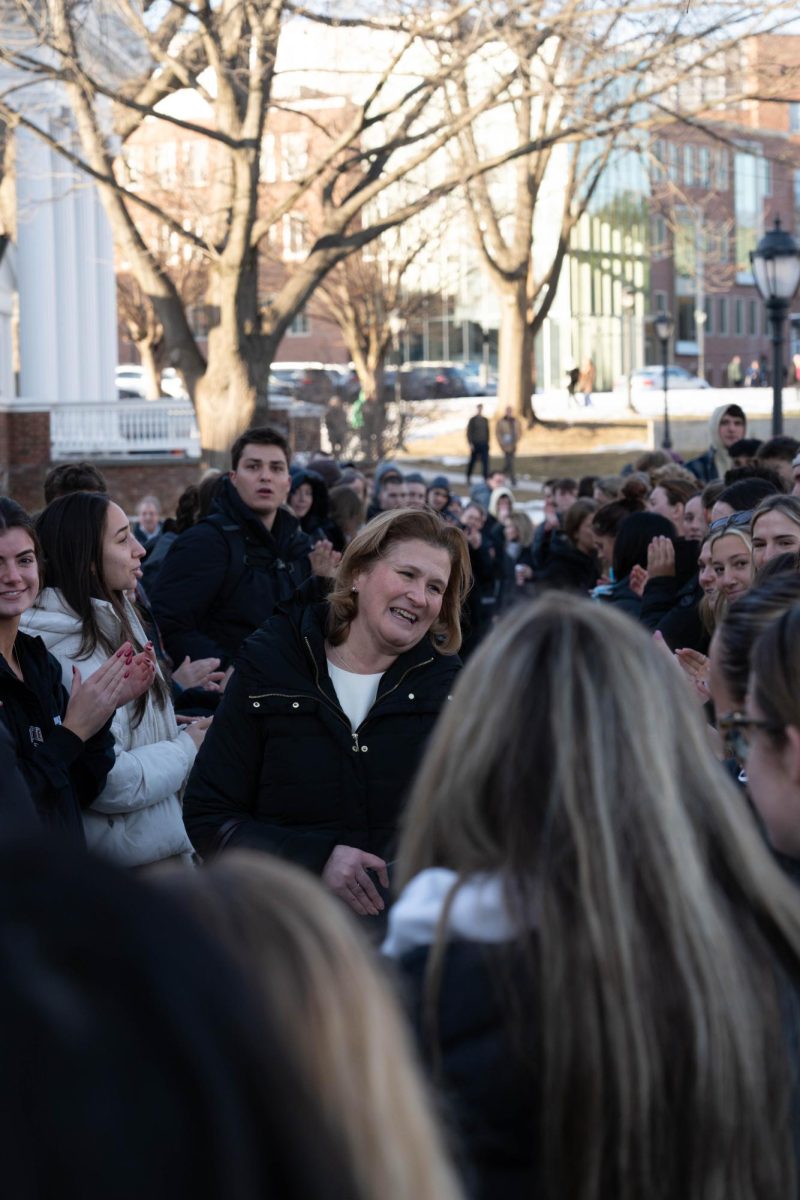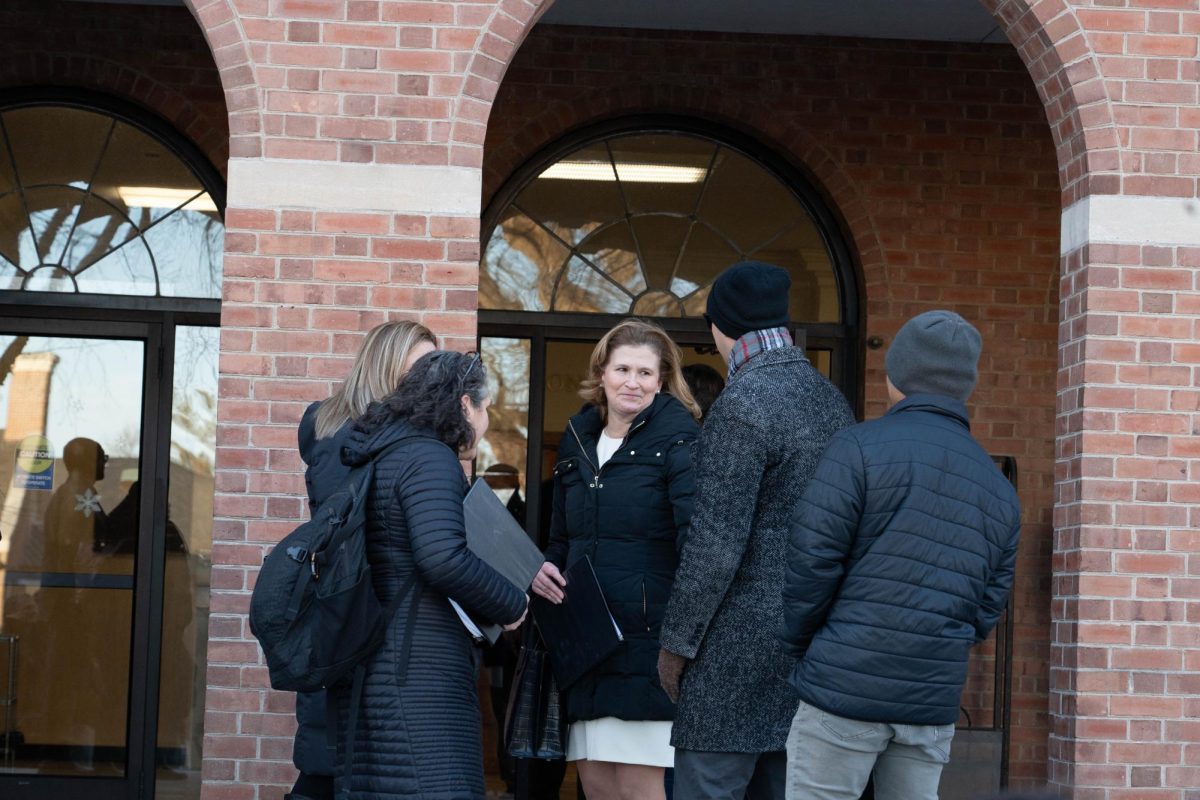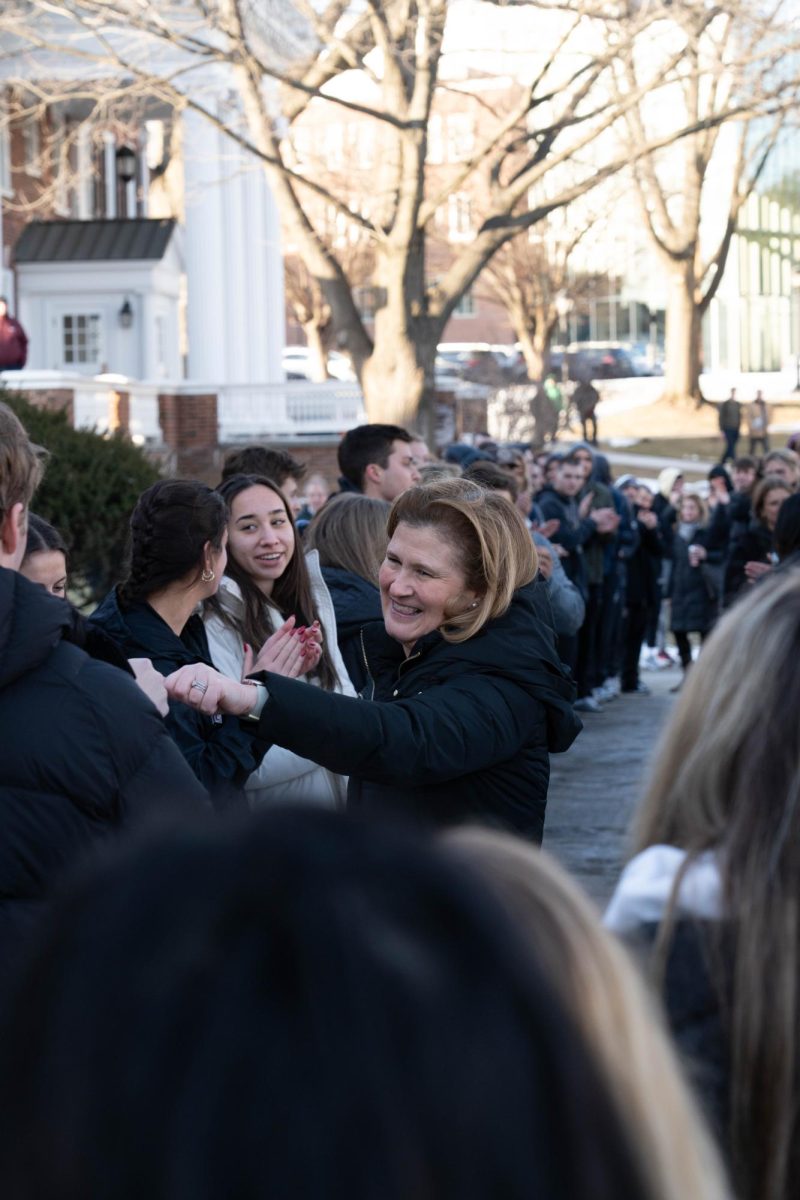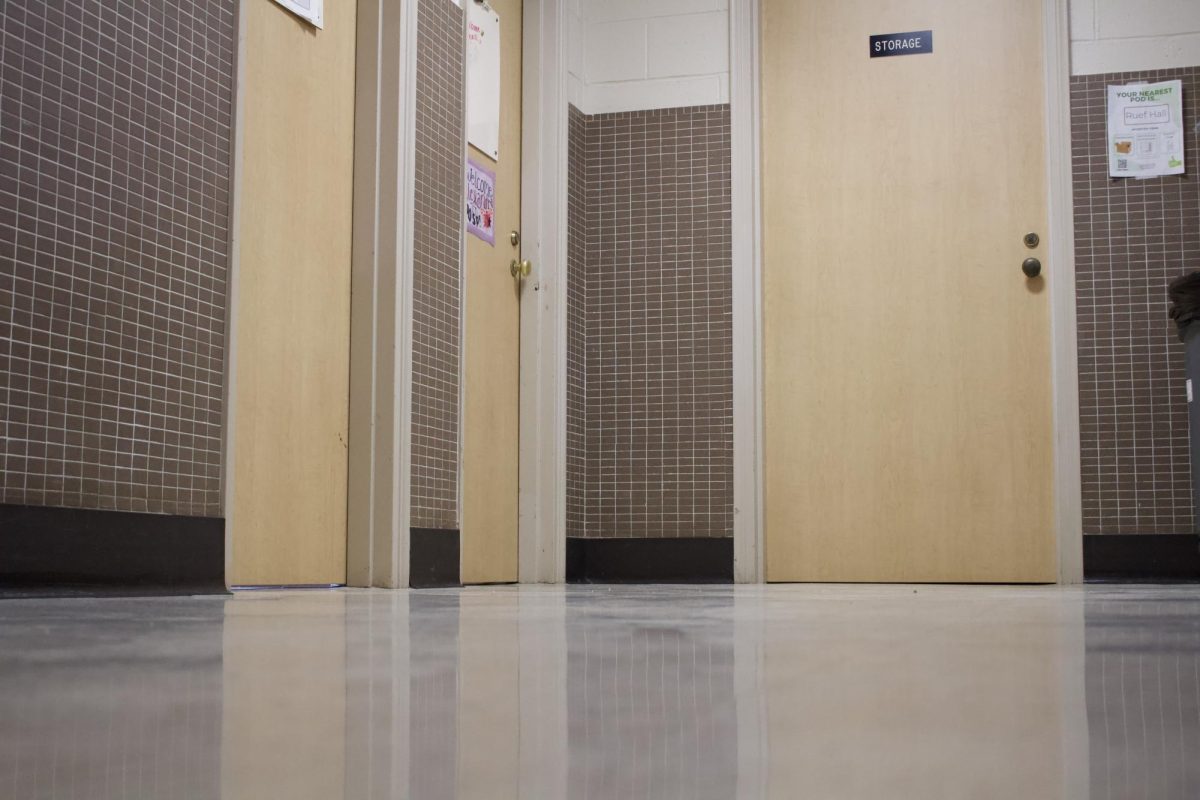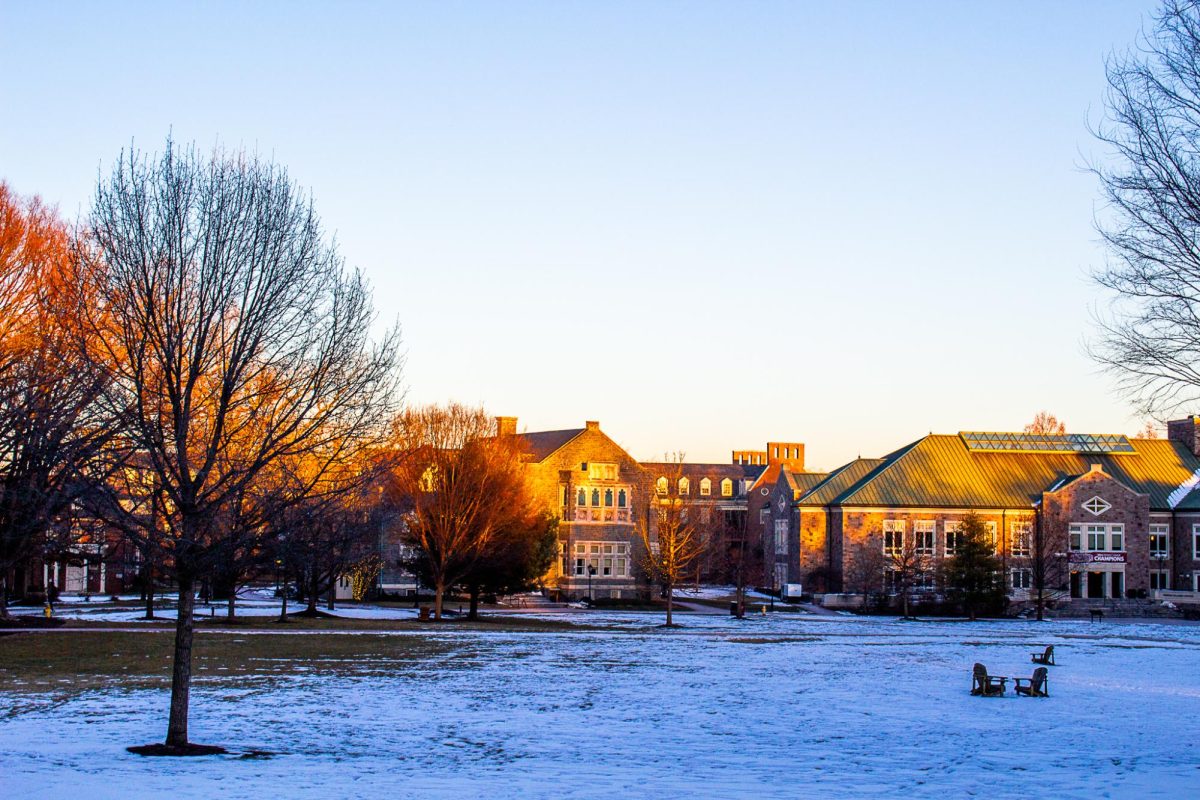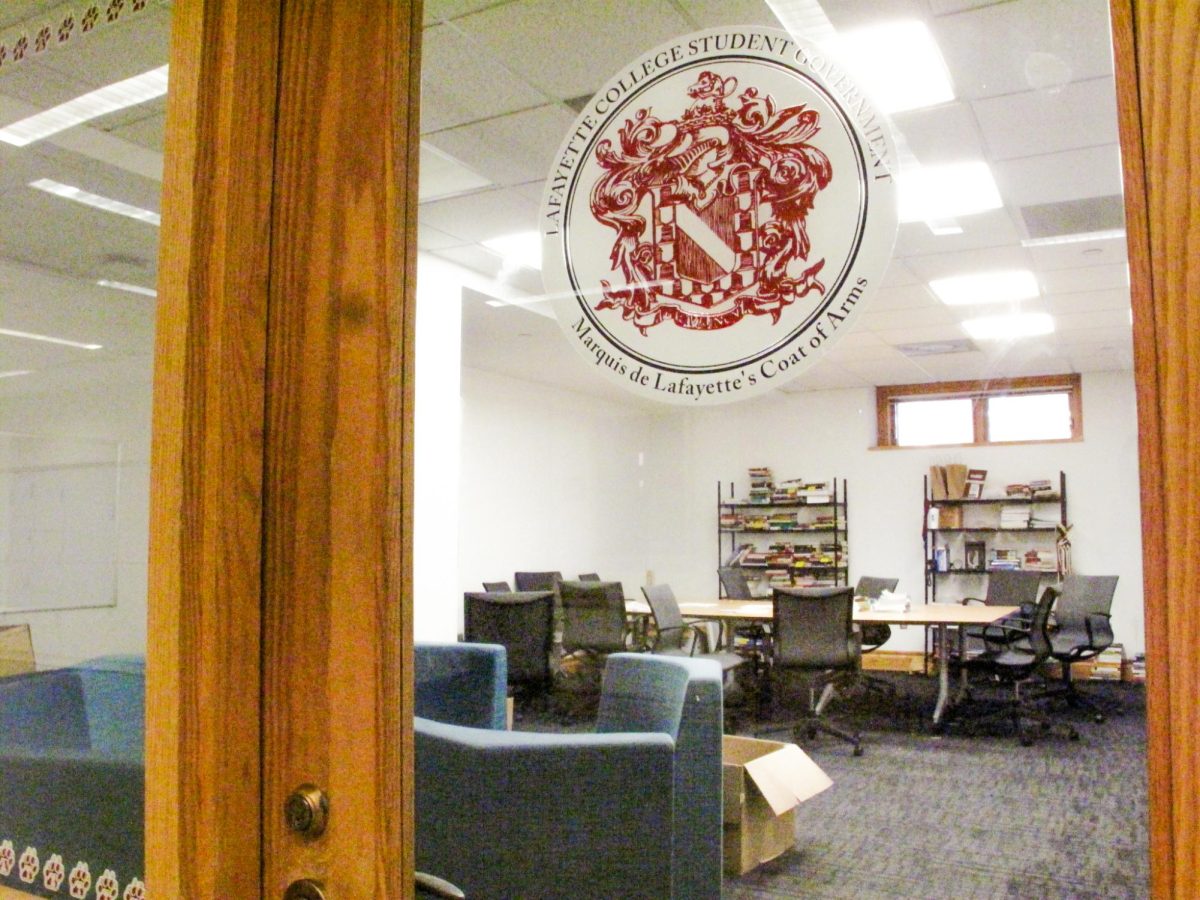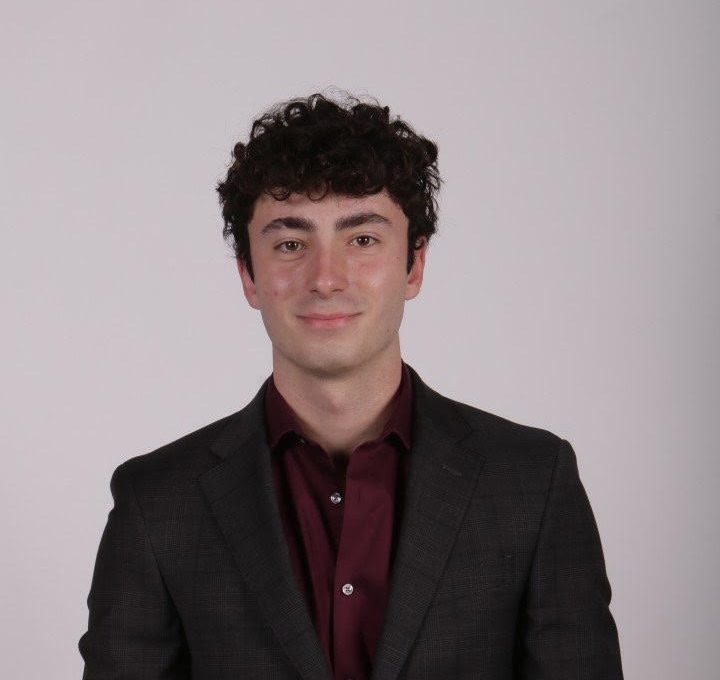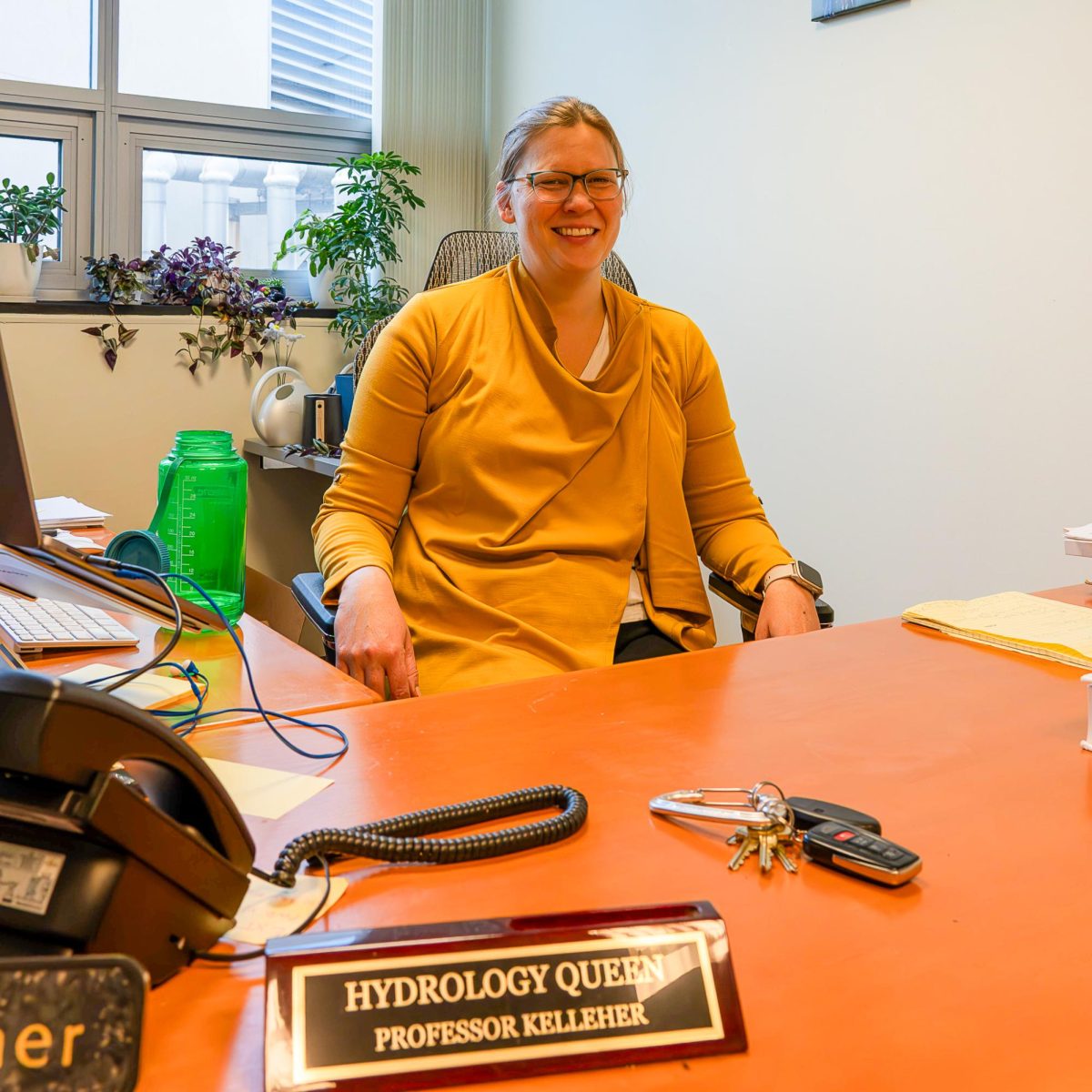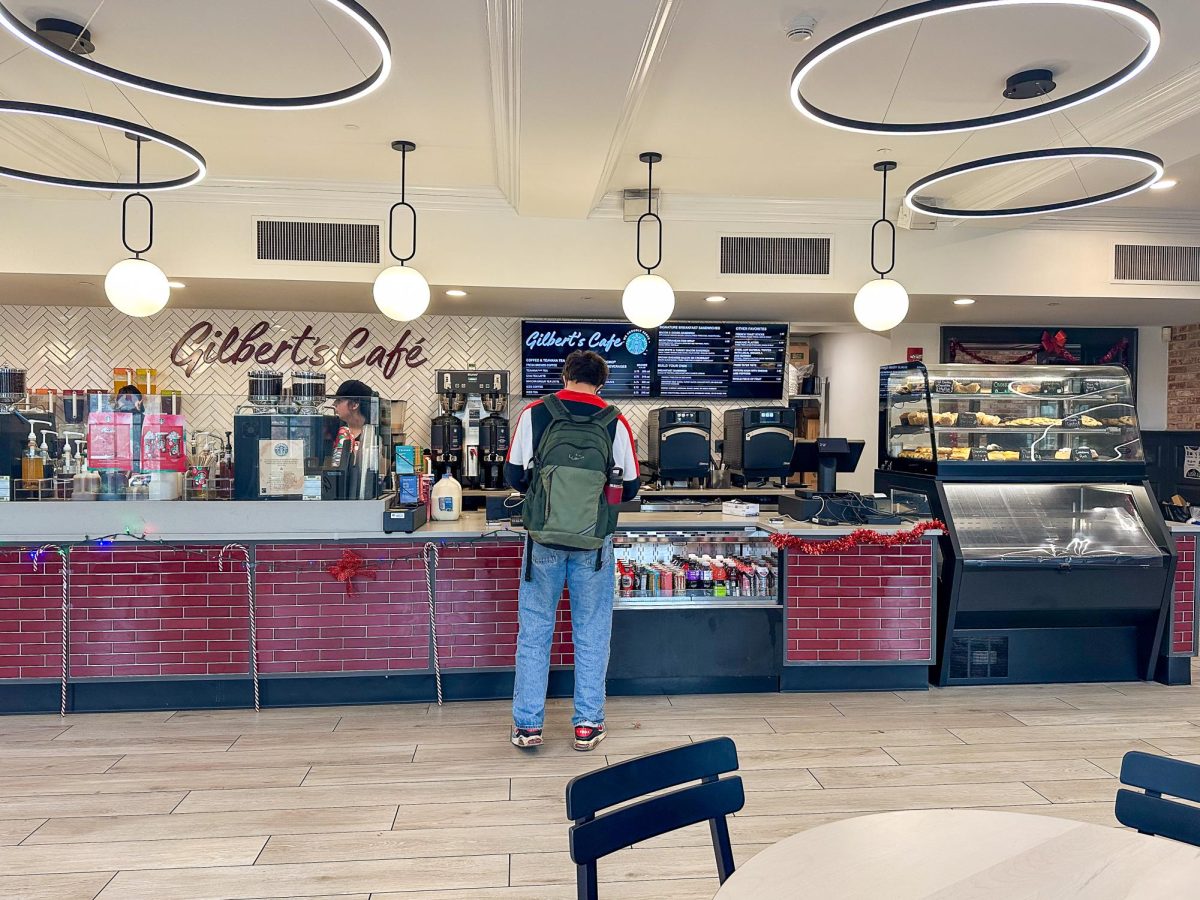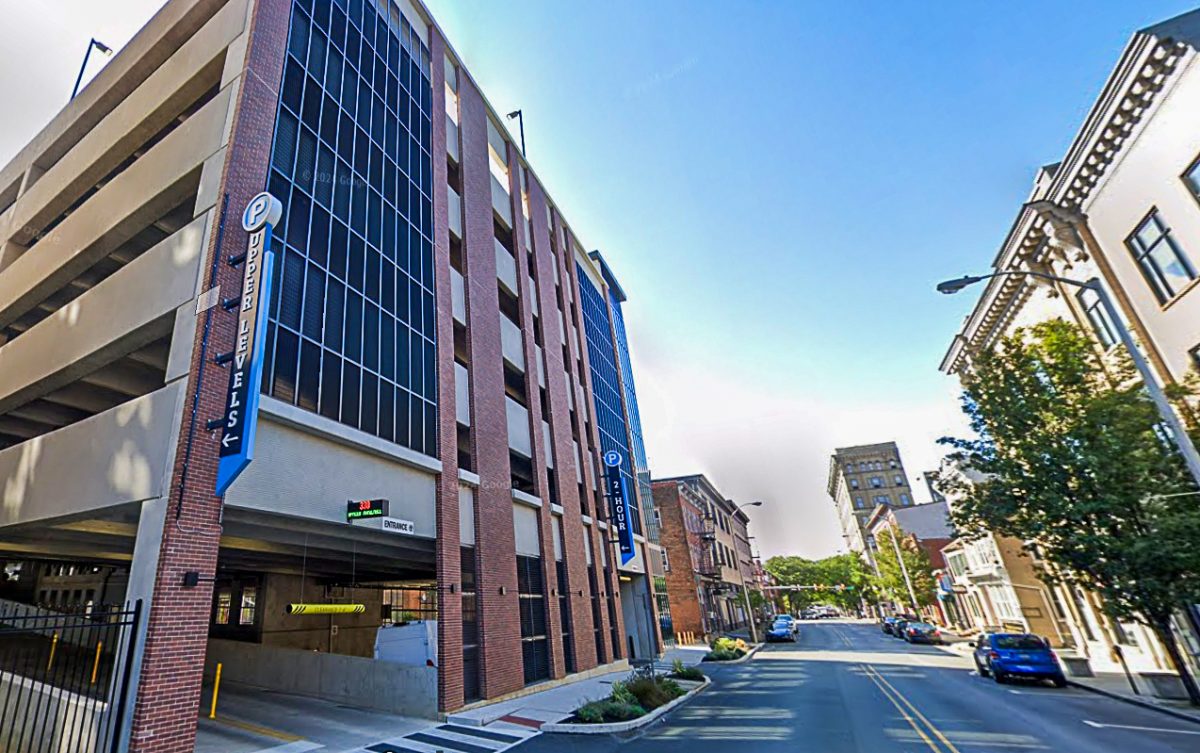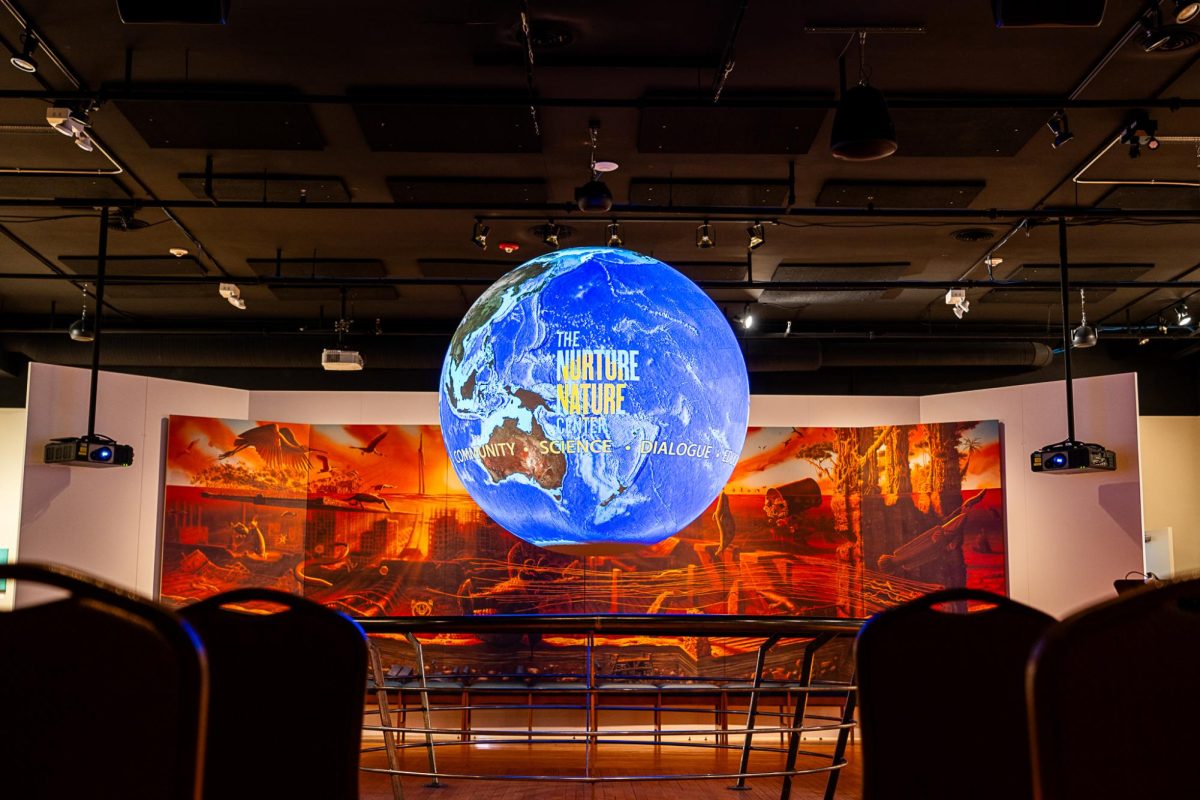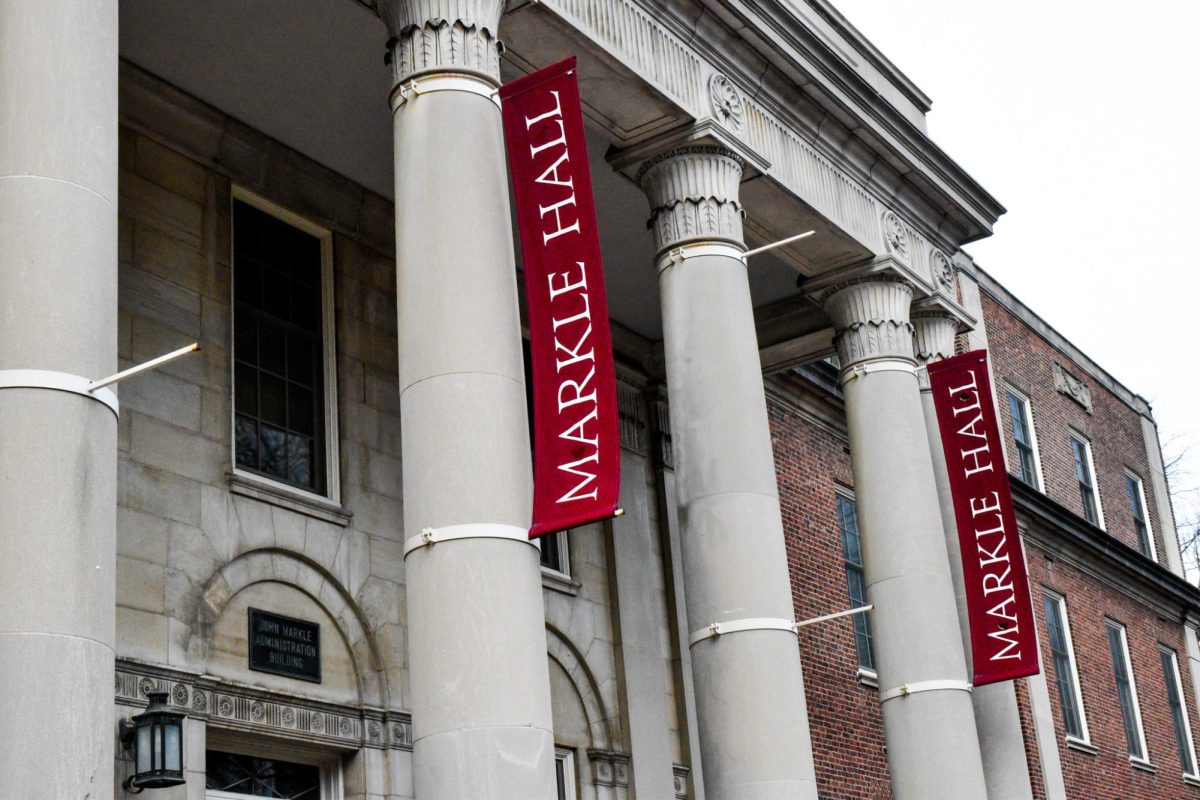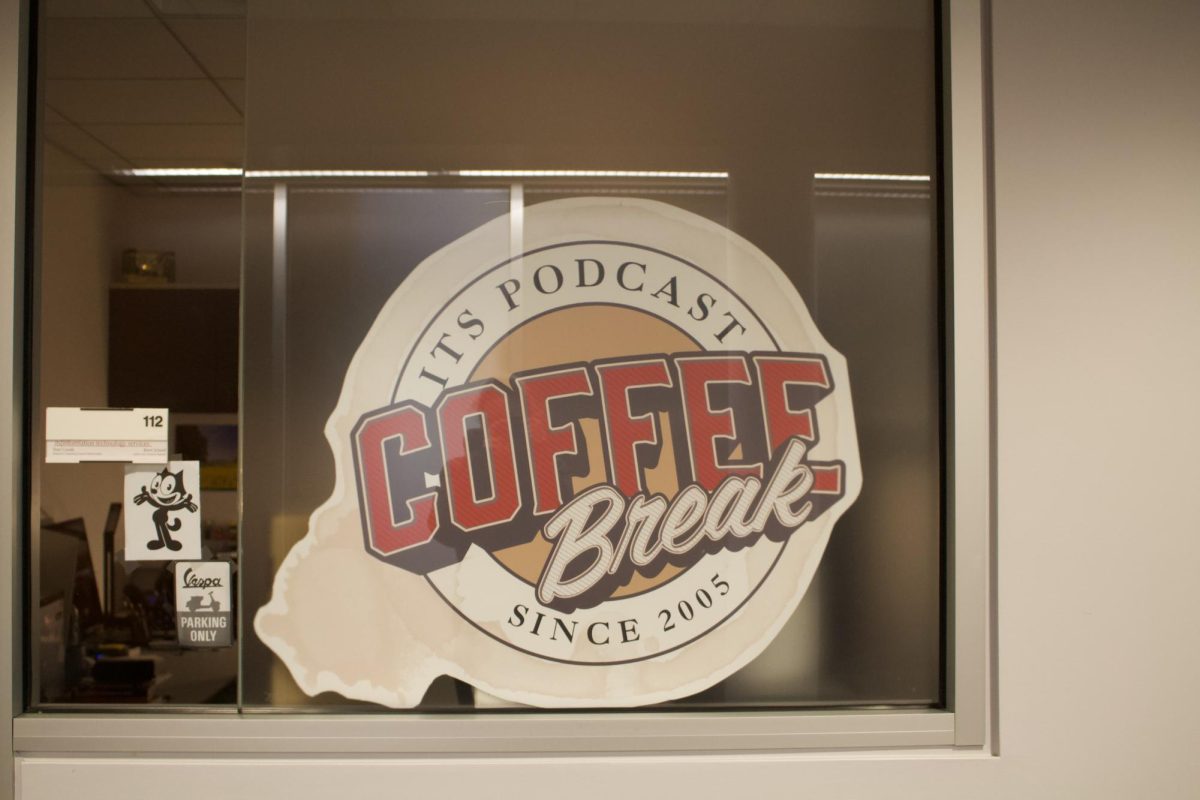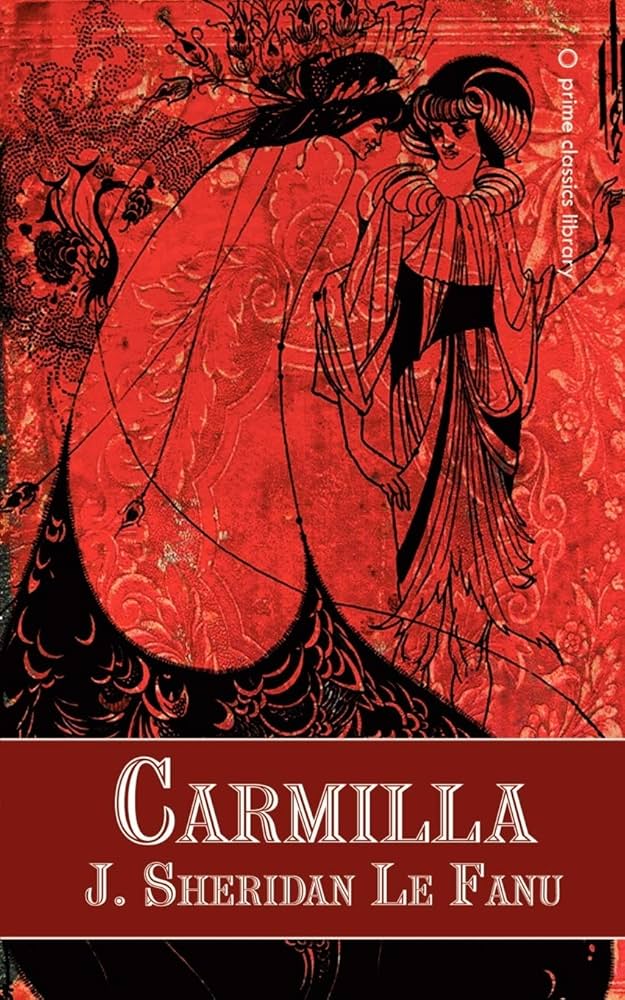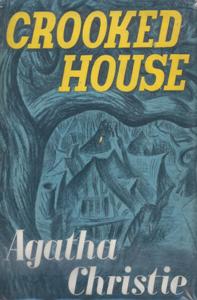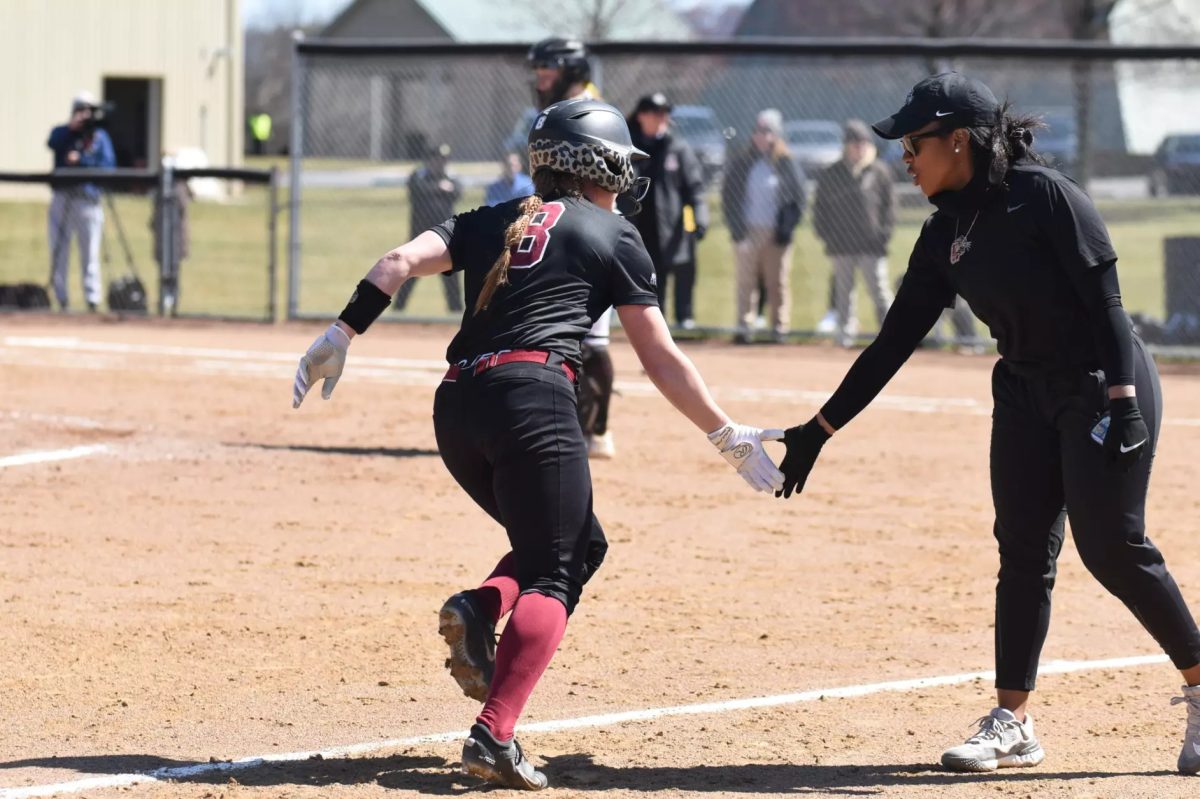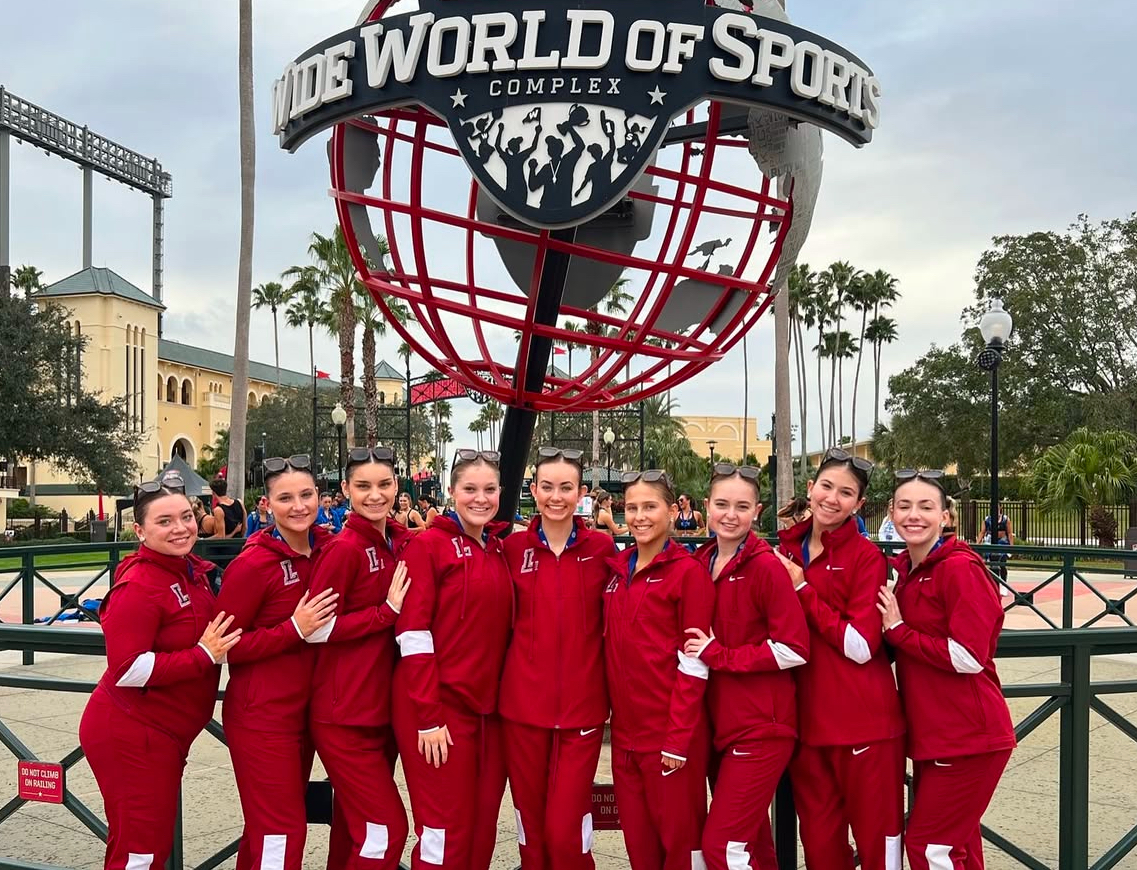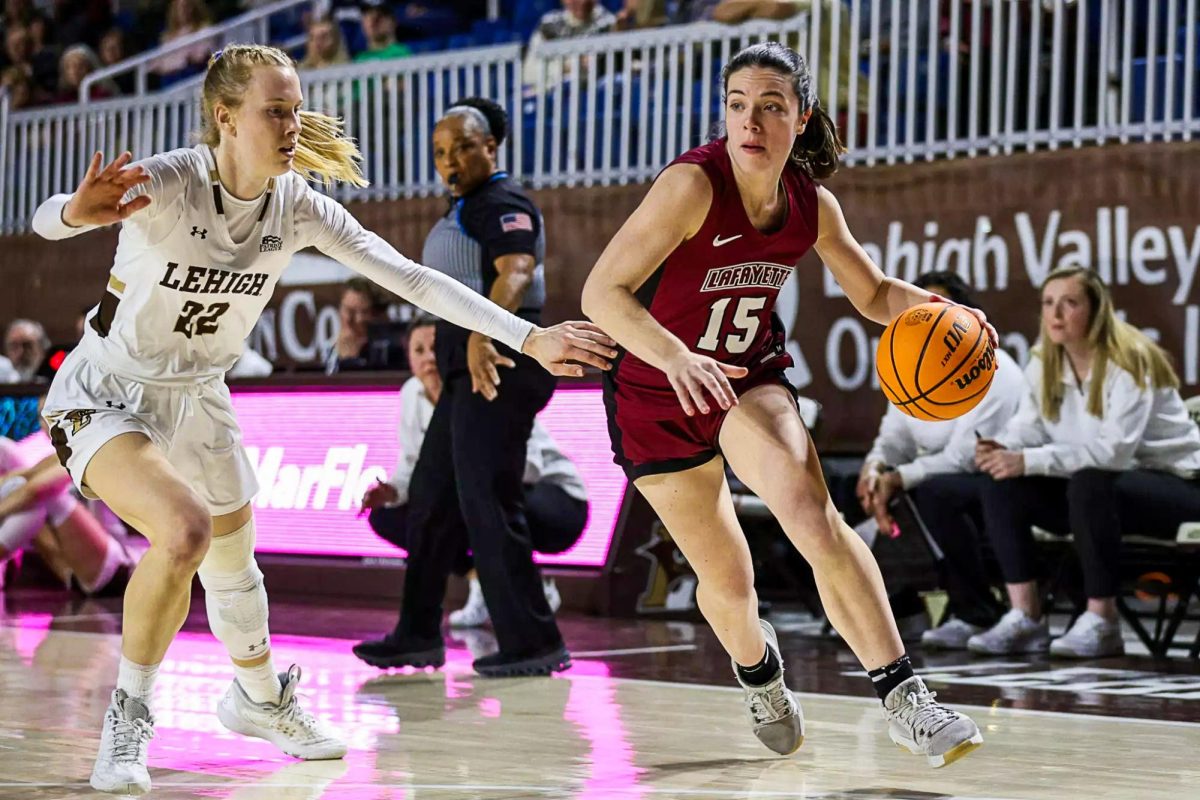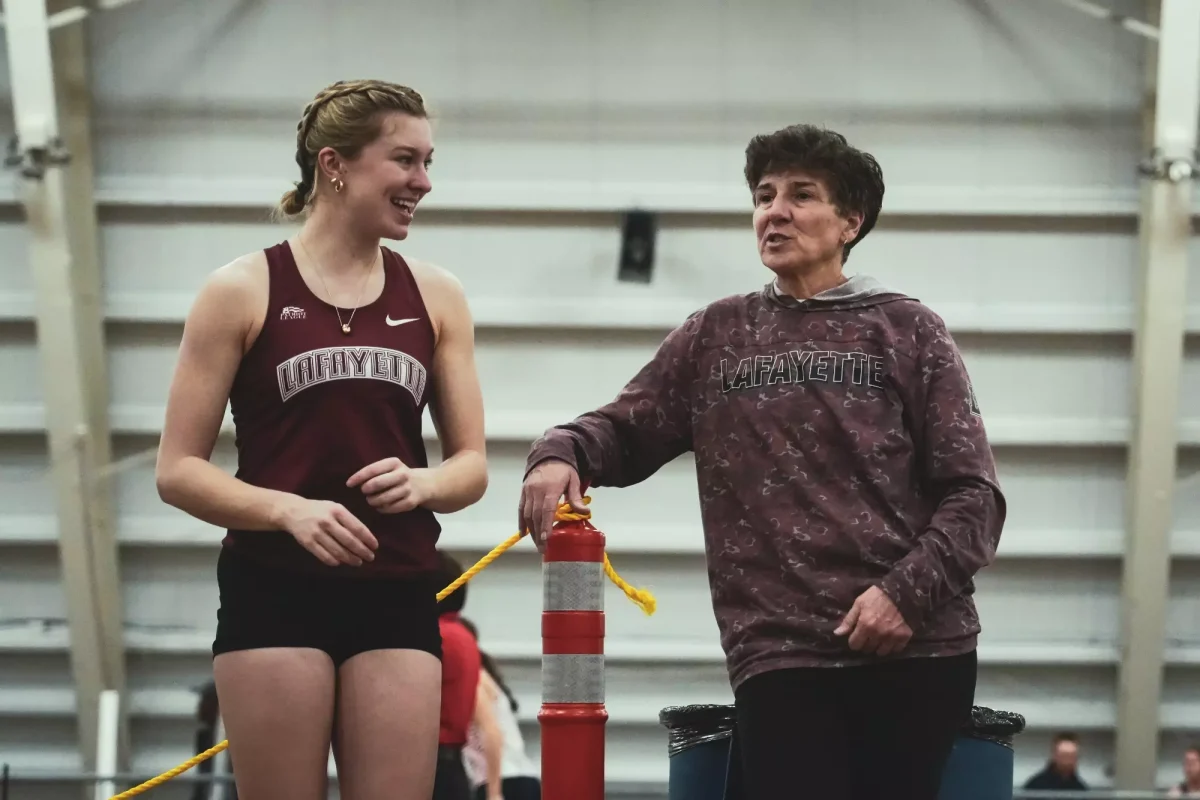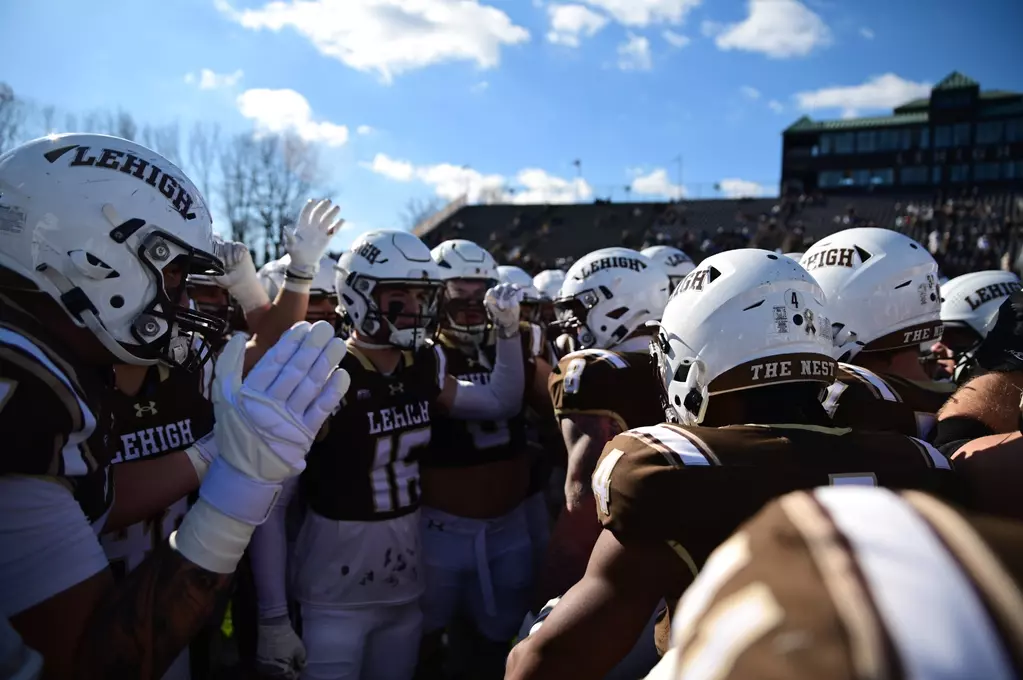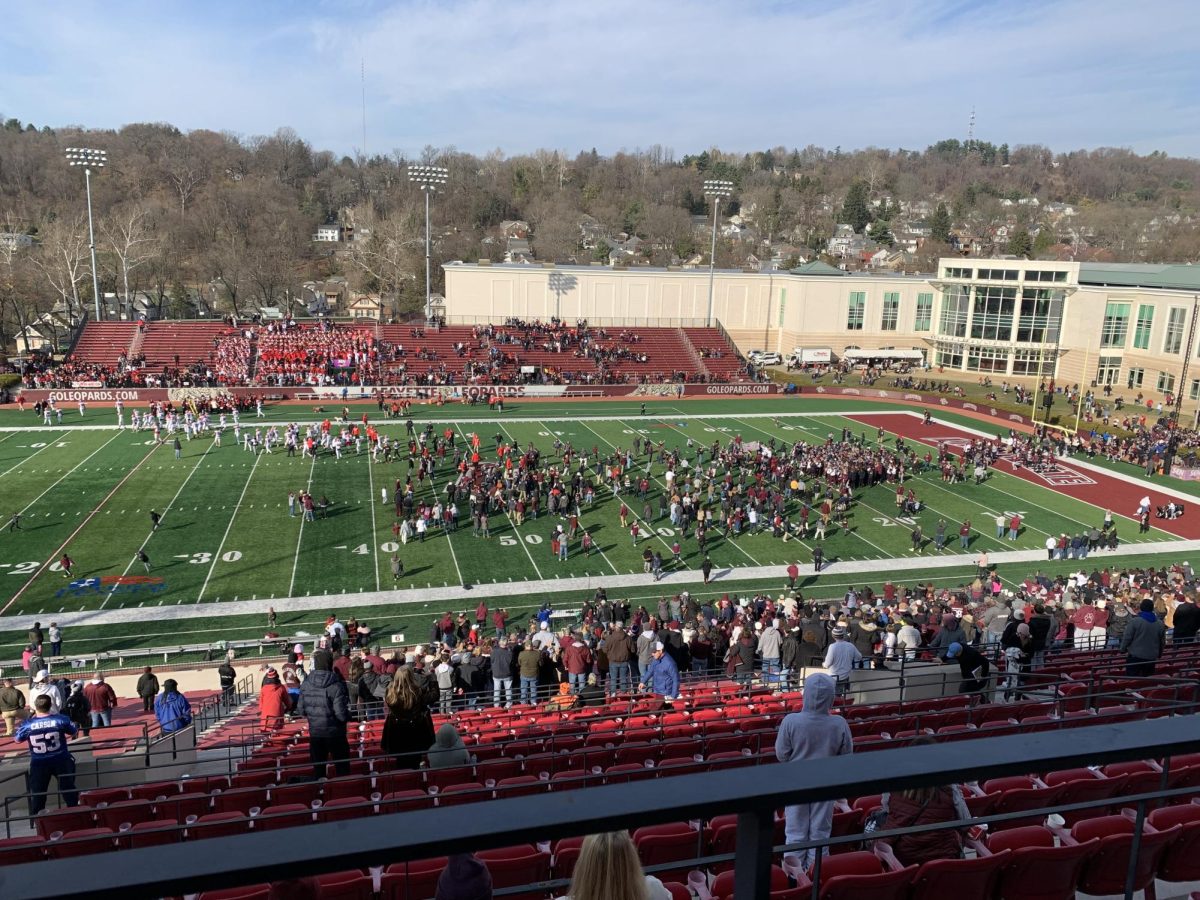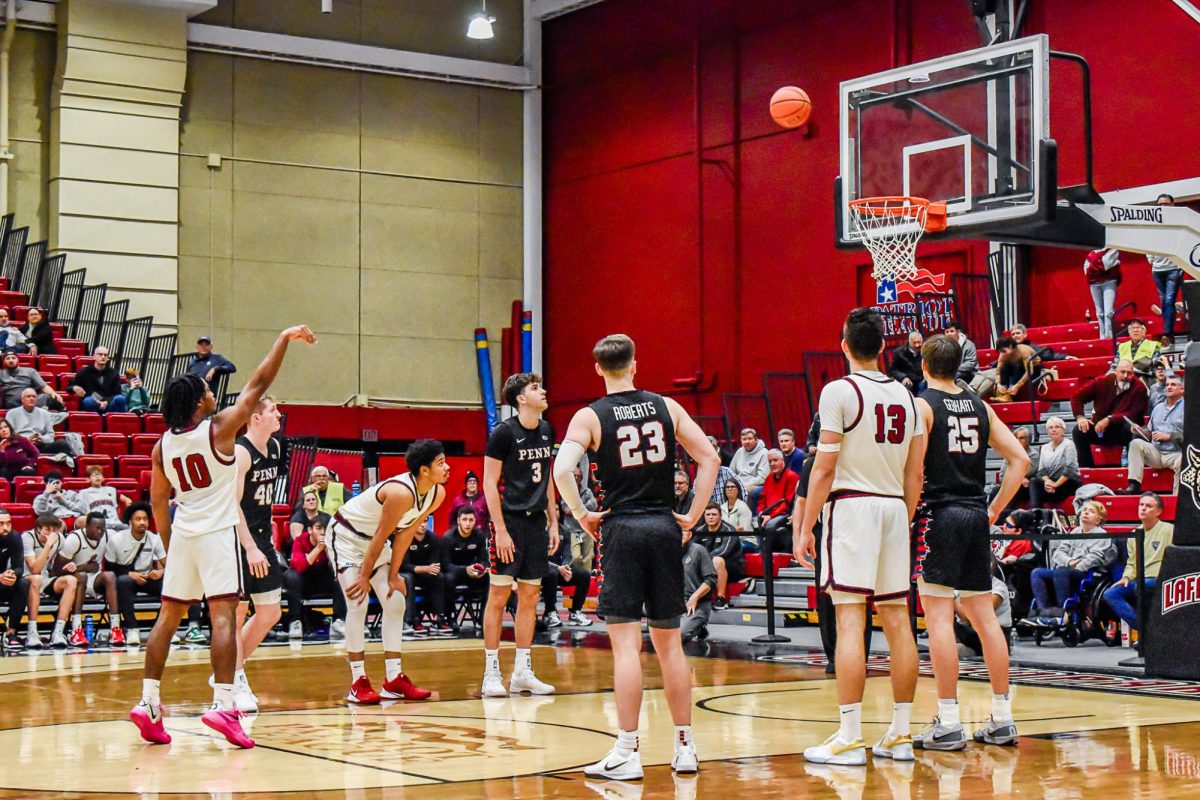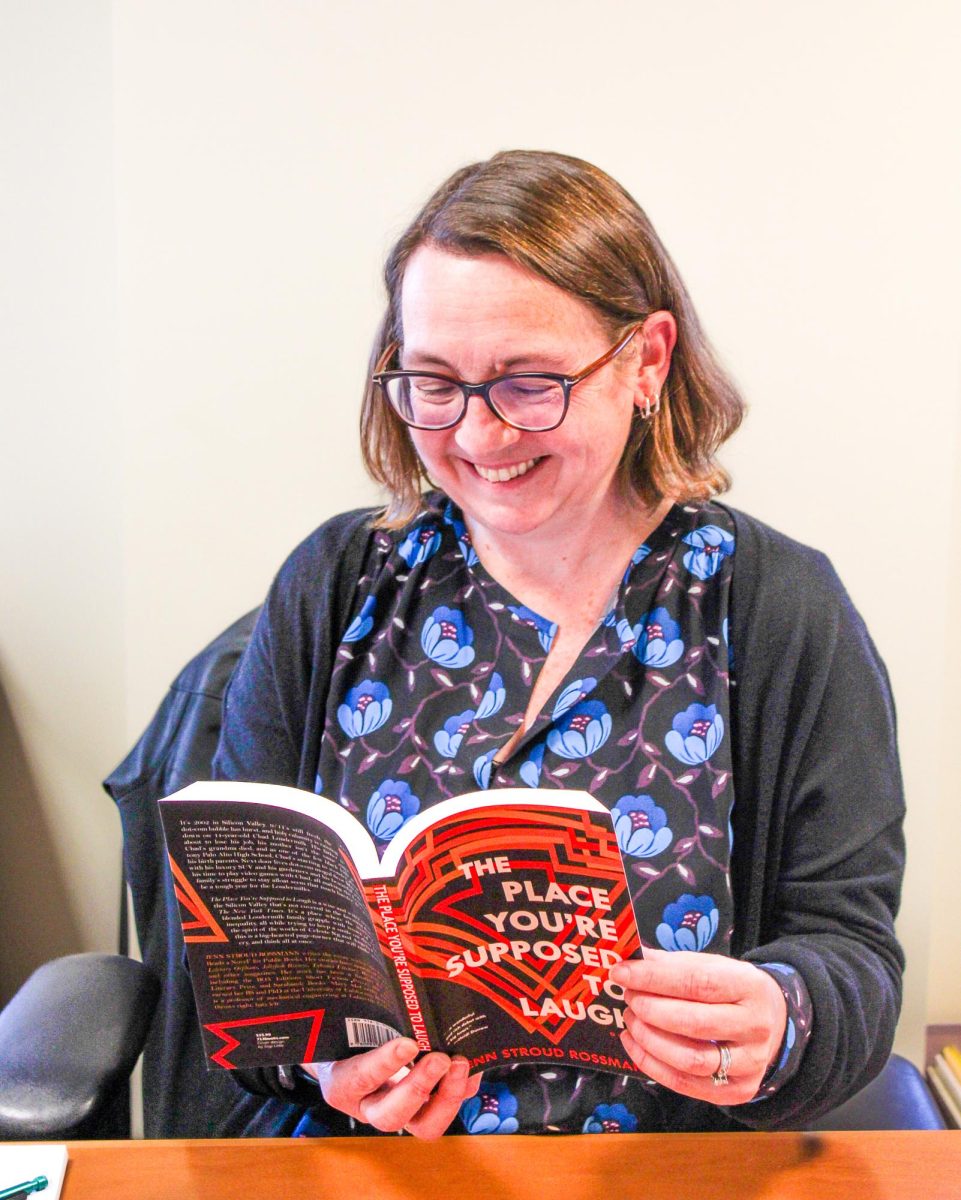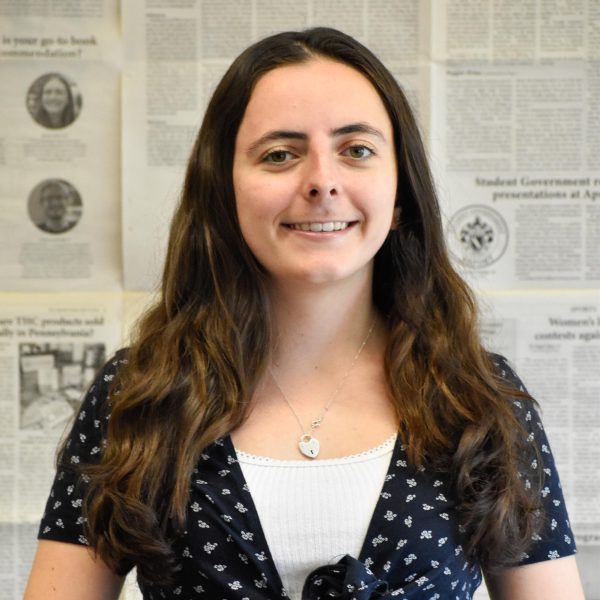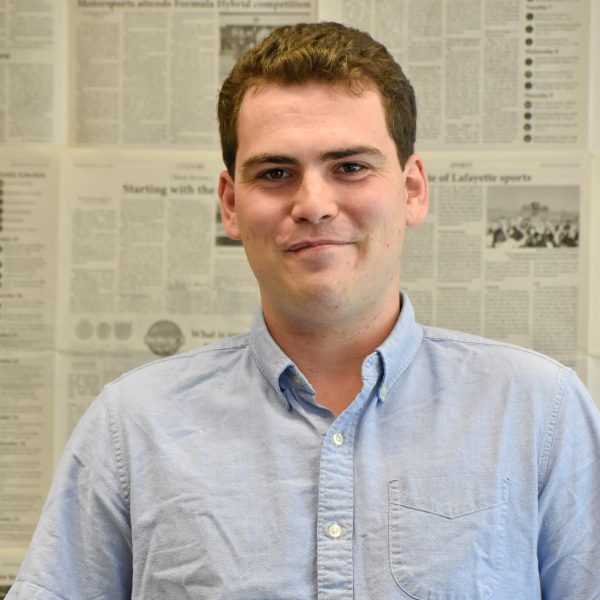Professor Jenn Stroud Rossmann leads a double life.
She is a distinguished professor of mechanical engineering, the recent recipient of a prestigious American Society for Engineering Education award and a founding co-director of the Hanson Center for Inclusive STEM Education. She is also a published creative writer, writing character-driven fictional short stories and manuscripts about maturing, relationships and the moments after disaster.
“I have learned that if I stopped doing either [fiction writing or engineering] for too long, I just don’t feel like myself,” she said.
Stroud Rossmann can trace her interdisciplinary interests to engineering Lego rockets and towers as a child.
“Of course, I would like to tell stories about the worlds that I built,” she said. “I wasn’t just trying to build the highest Lego tower or the fastest rocket, I also wanted to tell a story about the people in the little Lego town that I built and what was the internal conflict among the crew members on the rocket.”
For Stroud Rossmann, engineering and fiction writing are two sides of the same coin. Both fields require empathy, though they use that understanding differently.
“Engineering is all about trying to meet human needs and meet society’s needs and so you identify an issue, sort of define what the problem is and then you really try to fulfill that need for people,” she said. “In fiction writing, you figure out what someone’s deepest need is and then you deprive them of it for, like, 300 pages.”
While Stroud Rossmann is an expert in computational mechanics and continuum, subjects for which she has published four textbooks, engineering rarely appears in her creative writing plots. Her debut novel, 2018’s “The Place You’re Supposed to Laugh” is about the aftermath of the dot-com stock market bubble crash.
Stroud Rossmann uses her storytelling skills in the classroom to demonstrate a humanistic approach to engineering.
“She’s never going to talk about a subject that is not informed by a human-centered view of what technology is or who engineers are or how engineers live in the world,” Benjamin Cohen, one of Stroud Rossmann’s engineering colleagues, said.
At Lafayette, the creative writers of the English department have welcomed Stroud Rossmann with open arms, inviting her to readings, for example.
“That has been a huge part of what has made me feel at home at Lafayette,” Stroud Rossmann said.
Lee Upton, a retired English professor, had nothing but praise for Stroud Rossmann.
“Jenn Rossmann is a gifted, adventurous and compassionate writer,” Upton wrote in an email. “I admire her fiction and essays and her steadfast dedication to her art.”
Of the dozens of short stories Stroud Rossmann has written, her favorite is “Ladies & Gentlemen, the Invincibles,” published in the Tahoma Literary Review. The story, centered around a music agent, was originally written as a novel but was compressed by Stroud Rossmann after difficulties finding a publisher.
“In scientific publishing, you get feedback and you get another chance,” she said. “There’s the revise and resubmit and that doesn’t tend to happen with short stories or novels. It’s sort of you get the one shot and that can be disappointing, where you’re like, ‘Oh, I know if I could tweak the thing that they’re not quite in love with yet, I know, I could get them.’ But that’s all you get.”
Rossmann’s next creative writing project will take place on the Jersey Shore after the devastation of Hurricane Sandy.
“I don’t want to write the big awful thing,” she said. “I want to start the moment after it happened. I just find it interesting how people respond to that and the new ways that they figure out how to live and how to connect after those horrible things happen.”
While mechanical engineering and fiction writing are very different, Stroud Rossmann celebrates her successes in both fields in the same way.
“The goal of my writing is that I get to keep writing,” she said. “The goal of my teaching is that I get to keep teaching and that my students become people who teach and pass on their love of the knowledge. So I celebrate by continuing to do it.”
Paige Mathieu ’24 contributed reporting.

